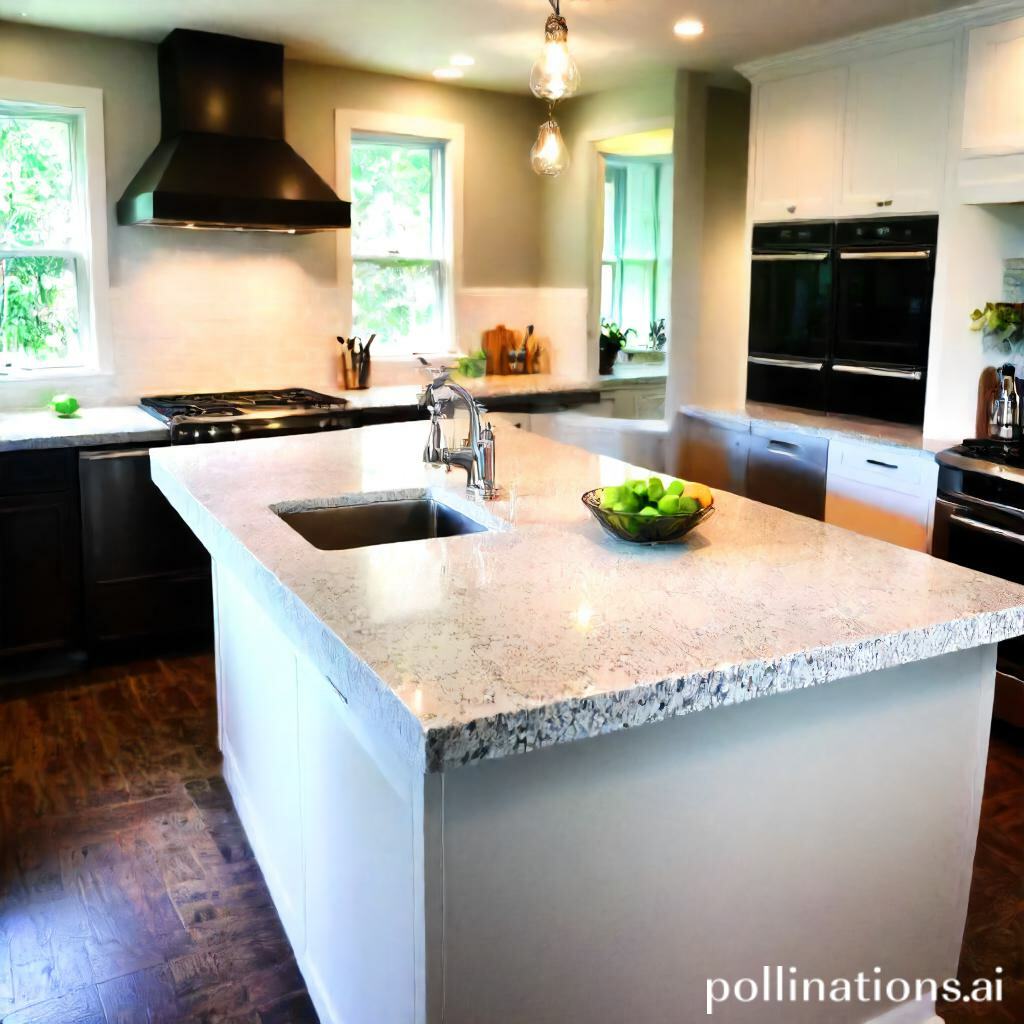Choosing the Right Kitchen Countertop Thickness
Choosing the Right Kitchen Countertop Thickness
When it comes to choosing a kitchen countertop, there are many factors to consider. One important consideration is the thickness of the countertop. In this article, we will explore the various factors that go into choosing the right kitchen countertop thickness.
Why Countertop Thickness Matters
The thickness of a kitchen countertop can have a significant impact on its durability, appearance, and functionality. Thicker countertops are generally more durable and can withstand more wear and tear. Thicker countertops also have a more substantial appearance, which can be visually appealing in some kitchen designs. However, thicker countertops can also be more expensive and may require more support from the cabinetry.
On the other hand, thinner countertops can be more affordable and can create a sleeker, more modern look in the kitchen. However, thinner countertops may not be as durable as thicker ones and may require more maintenance over time.
Factors to Consider
When choosing the right kitchen countertop thickness, there are several factors to consider. These include:
1. Material
The type of material used for the countertop can impact the appropriate thickness. For example, granite countertops are generally thicker than laminate countertops due to the natural weight and density of the material.
2. Support
Thicker countertops require more support from the cabinetry and may need additional reinforcements, such as braces or brackets. It is important to consider the strength of the cabinetry when selecting a countertop thickness.
3. Functionality
The thickness of the countertop can impact its functionality. Thicker countertops may be better suited for heavy use, such as for baking or food preparation. Thinner countertops may be better suited for lighter use, such as for entertaining or serving.
4. Visual Appeal
The thickness of the countertop can also impact its visual appeal. Thicker countertops can create a more substantial and luxurious appearance, while thinner countertops can create a more modern and minimalist look.
Choosing the Right Thickness
Ultimately, the right kitchen countertop thickness will depend on your personal preferences and the specific needs of your kitchen. Consider the factors outlined above, as well as your budget and design preferences, when selecting the appropriate thickness for your kitchen countertop.
How to choose the right kitchen countertop thickness

